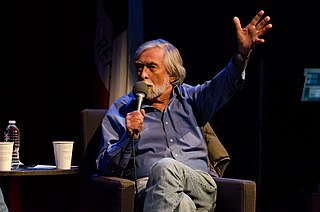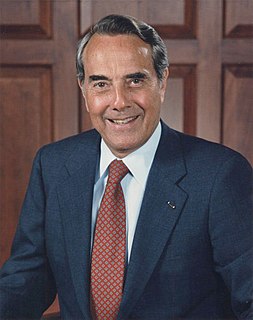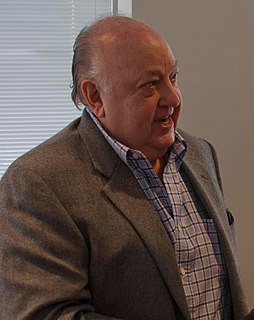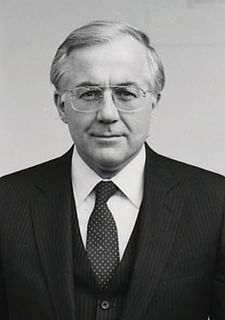A Quote by Paul Kengor
Reagan didn't want to wear his faith on his sleeve in a political way. Reagan thought that was egregious, and he was first turned off by it in the 1976 campaign when he thought Jimmy Carter was doing it. Reagan simply did not want ever to appear to be using faith for political purposes.
Related Quotes
It was simply impossible to support Carter for reelection in 1980 and easy for me to support Reagan. The Reagan campaign was happy to have Democratic support, and the Reagan administration was happy to have Democrats in it; they took the view that, after all, Reagan himself had been a Democrat, so it was not a strike against you.
One more item for the delusional Miss Grundys still obtusely citing Reagan as their model of “niceness”: As governor of California, Reagan gave student protesters at Berkeley the finger. Remember that next time you ask yourself: “What would Reagan do?” People who are afraid of ideas whitewash Reagan like they whitewash Jesus. Sorry to break it to you, but the Reagan era did not consist of eight years of Reagan joking about his naps.
In a gesture to moderate Republicans, Reagan put Bush on his '80 ticket, and Bush recognized that the Reagan crowd was rapidly becoming an overwhelming majority in the party. So he adjusted his views, served Reagan loyally and spent much of his vice presidency using his stature to convince conservative leaders they could trust him.
I just find this interesting that Ronald Reagan was regarded much the way Donald Trump is except Reagan was governor of California. He had run for the nomination the Republican Party in '76. But he was laughed at. They thought he was dumb then. They thought he was slow minded and dim-witted back then. They thought he couldn't speak. They thought Reagan - amazingly, a guy that later became known as the Great Communicator - couldn't speak.
Ronald Reagan's legacy is deeply misunderstood because there are political actors in America who, for several reasons, have privately held agendas that they want to sell to the American public in the most appealing way possible. They often find the best way to do that is to package their product with the Reagan brand.
Take the [1980] Jimmy Carter-Ronald Reagan debate. Carter kept trying to imply that somehow Ronald Reagan was going to push the button, or was irresponsible with nuclear war. You might have been able to make the case that Carter was responsible. But it's very tough when you see a person with Reagan's nice-guy persona up there to believe this guy somehow wants nuclear war, that he somehow wants to antagonize the Russians into an attack. It's just not credible; it doesn't cut with what all your other senses are telling you.
Back in 1980, the conservative movement was all-in for Ronald Reagan. Once Reagan won, they all wanted to be on the team. It was a landslide. Everybody wants to bask in that glow. And then as the Reagan years began, then the Republicans, certain members of the party began to individually fall out and start talking about problems they had, secretly telling the media they thought Reagan was a dunce and a danger to world peace, adopting the Democrat line that Reagan's finger on the nuclear button couldn't be trusted.






























